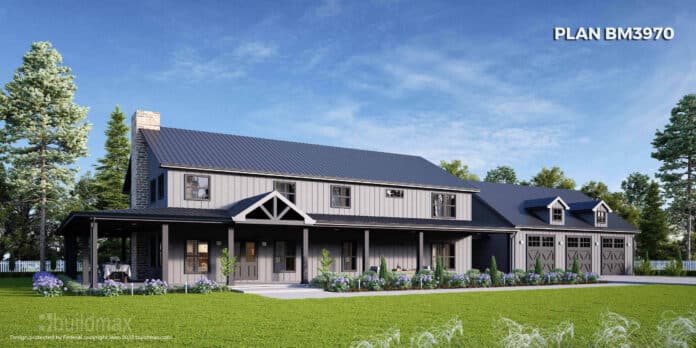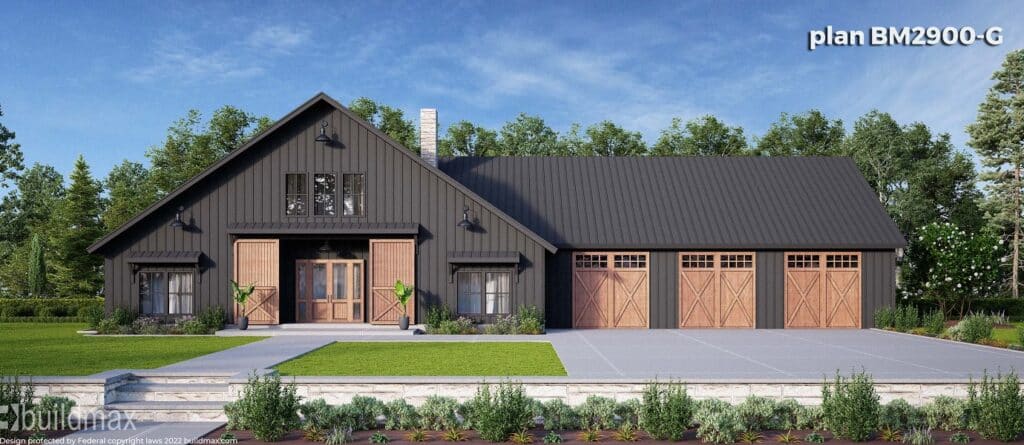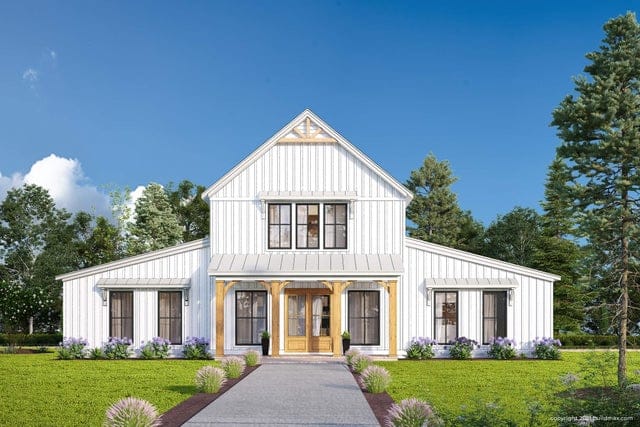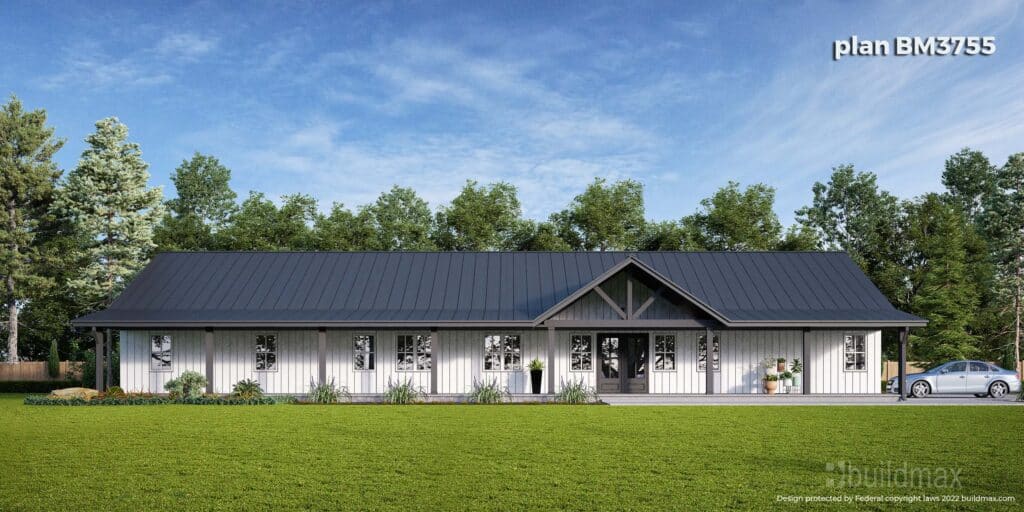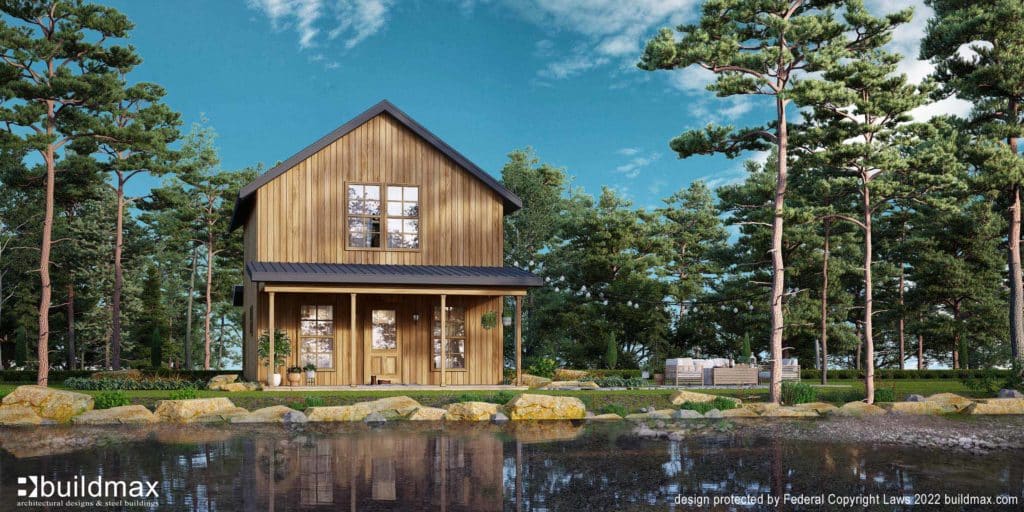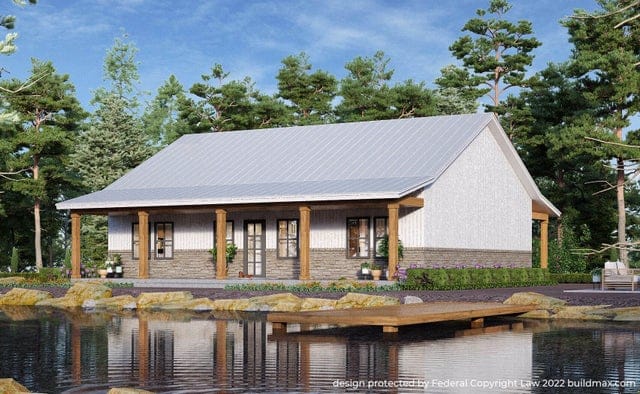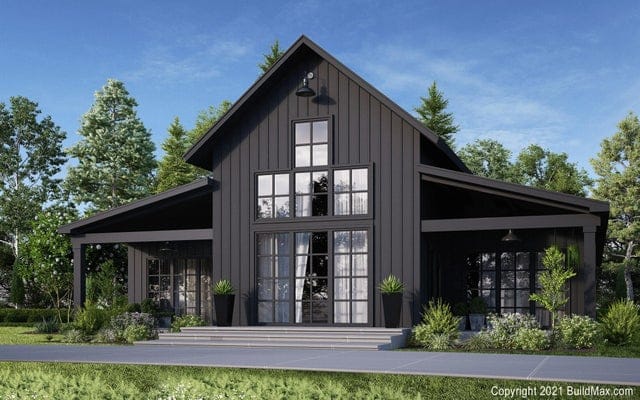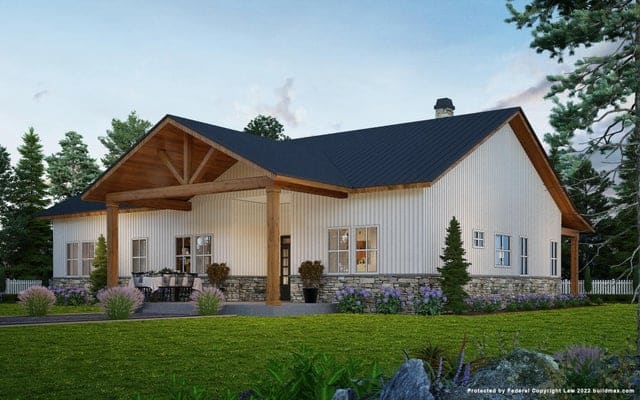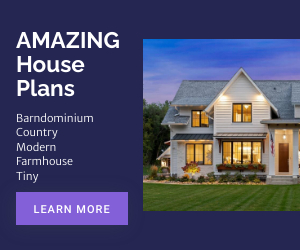In recent years, there has been a growing trend in the world of real estate and construction that involves unique and innovative housing concepts. Two such concepts that have gained popularity are the barndominium and the shouse. Both of these terms may sound unfamiliar to some, but they represent fascinating approaches to residential living. In this article, we will delve into the key differences between a barndominium and a shouse, exploring their origins, design, benefits, and potential drawbacks.
Understanding the Barndominium
A barndominium is a hybrid structure that combines elements of a barn and a condominium. This unique type of building has its roots in rural areas, particularly in farming communities. Barndominiums were originally conceived as practical solutions for those who needed both a place to live and a space to store farm equipment and livestock. Over time, however, they have evolved into stylish and versatile residential spaces.
Design and Features of Barndominiums
1. Exterior Appearance:
Barndominiums typically maintain the exterior appearance of a barn. They often feature a metal roof, rustic siding, and large, open doors that were originally designed for agricultural purposes.
2. Living Spaces:
Inside a barndominium, you will find a mix of living spaces and storage areas. These structures often have a central living area, bedrooms, bathrooms, and kitchens, just like traditional homes.
3. Open Floor Plans:
One of the defining features of a barndominium is its open floor plan. The interior spaces are typically wide open, providing ample room for customization and flexibility in design.
4. Versatility:
Barndominiums are incredibly versatile and can be adapted to various purposes, from a family home to a vacation property or even a wedding venue.
Understanding the Shouse
The term “shouse” is a portmanteau of “shed” and “house.” Shouses are another innovative approach to residential construction, and like barndominiums, they offer a unique blend of functionality and style. Shouses are becoming increasingly popular in rural and suburban areas, offering homeowners a modern twist on traditional structures.
Design and Features of Shouses
1. Exterior Appearance:
Unlike barndominiums, shouses do not necessarily resemble barns. They often have a more contemporary and streamlined exterior design. Shouses can be constructed with various materials, including wood, metal, or even brick, depending on the owner’s preferences.
2. Dual-Purpose Space:
Shouses are designed to serve dual purposes. They provide comfortable living spaces while also incorporating storage or workspace areas. This makes them ideal for homeowners who require a combination of both living and functional spaces.
3. Modern Amenities:
Shouses are known for their incorporation of modern amenities and high-quality finishes. They often feature spacious kitchens, modern bathrooms, and well-designed living areas.
4. Customization:
Shouses offer a high degree of customization, allowing homeowners to design the space to suit their specific needs and preferences.
Key Differences Between Barndominiums and Shouses
Now that we have explored the basics of both barndominiums and shouses, let’s highlight the key differences between these two innovative housing concepts:
1. Exterior Design:
The most apparent difference is the exterior appearance. Barndominiums maintain the barn-like aesthetic, while shouses have a more contemporary and varied design.
2. Versatility vs. Modernity:
Barndominiums are highly versatile and can be adapted for various uses, while shouses prioritize modern amenities and design.
3. Rural vs. Suburban Appeal:
Barndominiums are often associated with rural living and farming communities, whereas shouses are popular in both rural and suburban areas, catering to a broader audience.
4. Materials and Customization:
Shouses offer greater flexibility in terms of materials and design customization, allowing homeowners to achieve a more personalized look and feel.
Benefits and Drawbacks of Barndominiums and Shouses
Both barndominiums and shouses have their own set of advantages and potential drawbacks:
Benefits of Barndominiums:
– Cost-effective construction due to their simple design.
– Versatility for various uses, including living, storage, or events.
– Rustic and charming aesthetic for those who appreciate a farmhouse style.
Drawbacks of Barndominiums:
– Limited exterior design options may not suit everyone’s tastes.
– May require more maintenance if used for agricultural purposes.
Benefits of Shouses:
– Modern amenities and high-quality finishes provide comfortable living.
– Customization options allow homeowners to create a unique space.
– Attractive to a broader range of potential buyers due to their contemporary design.
Drawbacks of Shouses:
– Potentially higher construction costs, especially when incorporating upscale features.
– The need for careful planning and design to ensure a harmonious balance between living and functional spaces.
With all that said, both barndominiums and shouses offer innovative housing solutions that combine living spaces with storage or workspace areas. While barndominiums maintain a rustic barn-like appearance and emphasize versatility, shouses focus on modernity, customization, and a more contemporary aesthetic. The choice between these two concepts ultimately depends on individual preferences, lifestyle needs, and the desired architectural style. Whether you opt for a barndominium or a shouse, both provide unique and exciting options for modern living.



